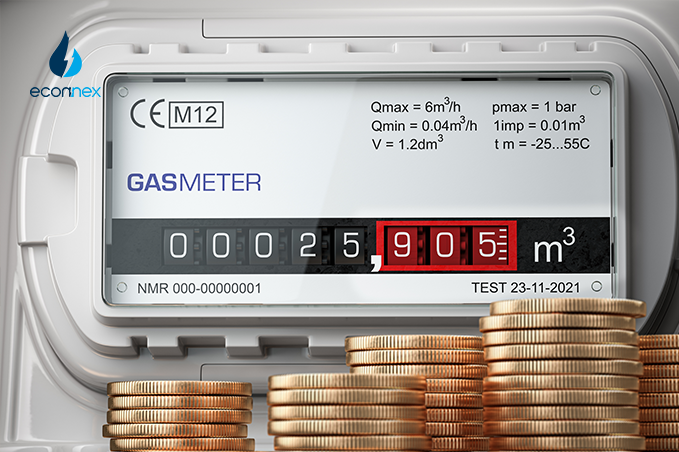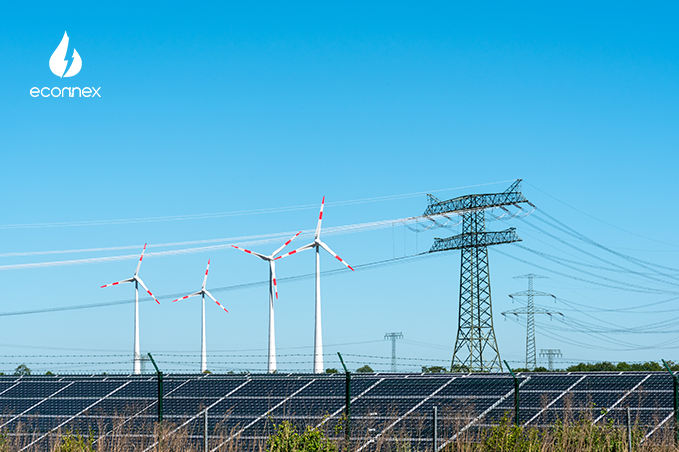Unravel energy price dynamics! Explore key factors influencing the energy market, shaping prices and impacting global economies.

Published on 08/11/2023
By Jatin Jain
Energy Comparison
Australians have been experiencing a surge on electricity bills for the past decade. Consumers are aware that the amount reflecting on energy bills are based on total energy consumption.
Also, the market’s energy prices significantly affect energy costs too. But, do we know the factors influencing energy prices?
National Electricity Market (NEM) is selling electricity in the wholesale market on states like NSW, QLD, VIC, SA, and ACT. Wholesale costs of energy are set by NEM, and constantly changing depending on supply and demand. The wholesale energy cost is one the biggest aspect of the energy market prices
It makes up 40% to 50% of energy prices. It is also the price paid by retailers to buy electricity and gas and sell it to consumers.
Network cost includes the cost of minimizing blackouts or power outages. The network (poles and wires) needs to be built and maintained to meet Australian standards and demands. Every energy retailer is required to pay a network cost to distributors for their use to transfer electricity and gas.
Part of the consumer’s electricity bill is network costs. These costs around $20 to $25 a month of energy prices.
Government charges account to 7 to 8% of the total energy bill. Charges include:
Energy retailer’s obligation is a program that promotes energy efficiency. It is a legal obligation of the energy retailers to deliver energy efficiency measures and guidelines to their customers. Energy retailer’s obligation helps both consumers and the environment. It helps to lower bills by improving energy efficiency and the environment to reduce greenhouse gas emissions.
This is the financial support of retailers for renewable energy sources. Consumers can also support renewable sources by switching to some “green retailers” and pay some amount. Check this list of green retailers in the country in the green electricity guide website.
Those customers, residential or business with solar panels installed are credited with a feed-in tariff for any excess energy sent to the grid. The equivalent amount per kWh may change too.
These are expenditures of the retailers which are related to the operation of their business. It includes costs of sales, advertisements, billing, and metering. It is around 14% to 15% of energy prices.
Goods and Services Tax (GST) is a value-added tax on most goods and services. It is a broad-based tax of 10% for all home and business owners. Further information about GST? Click here. Avoid “bill shock” by knowing these factors affecting compare power prices. However, help from experts keeps energy costs as low as possible.
With Econnex, There are a number of competitive plans to choose from in your area.



